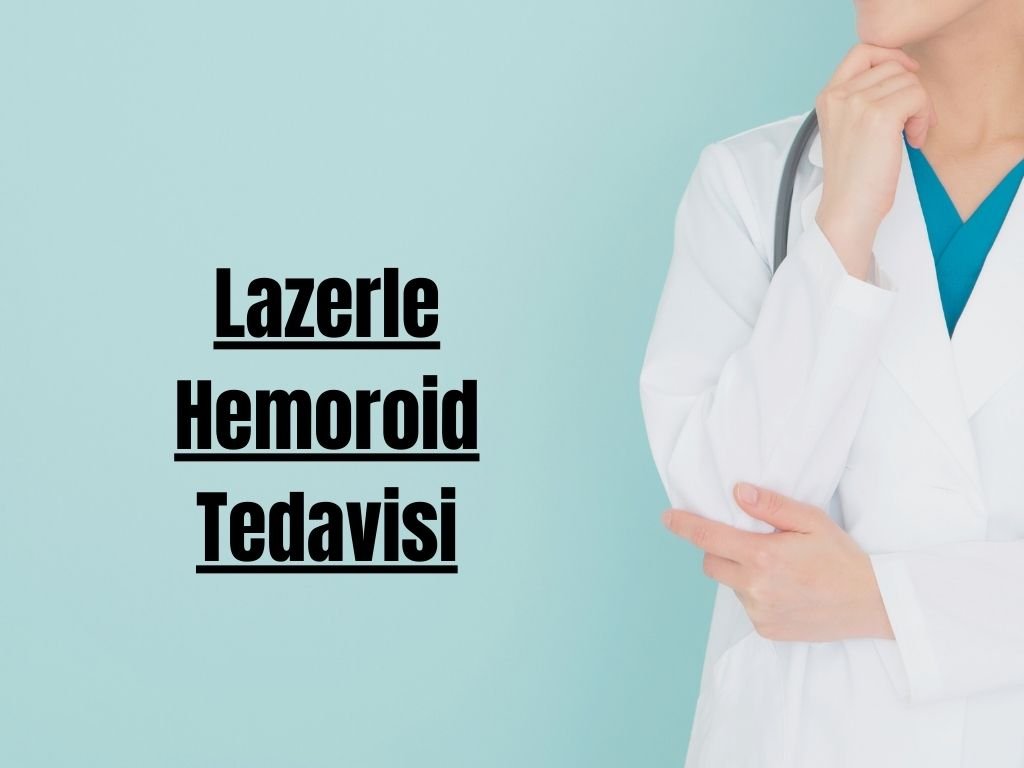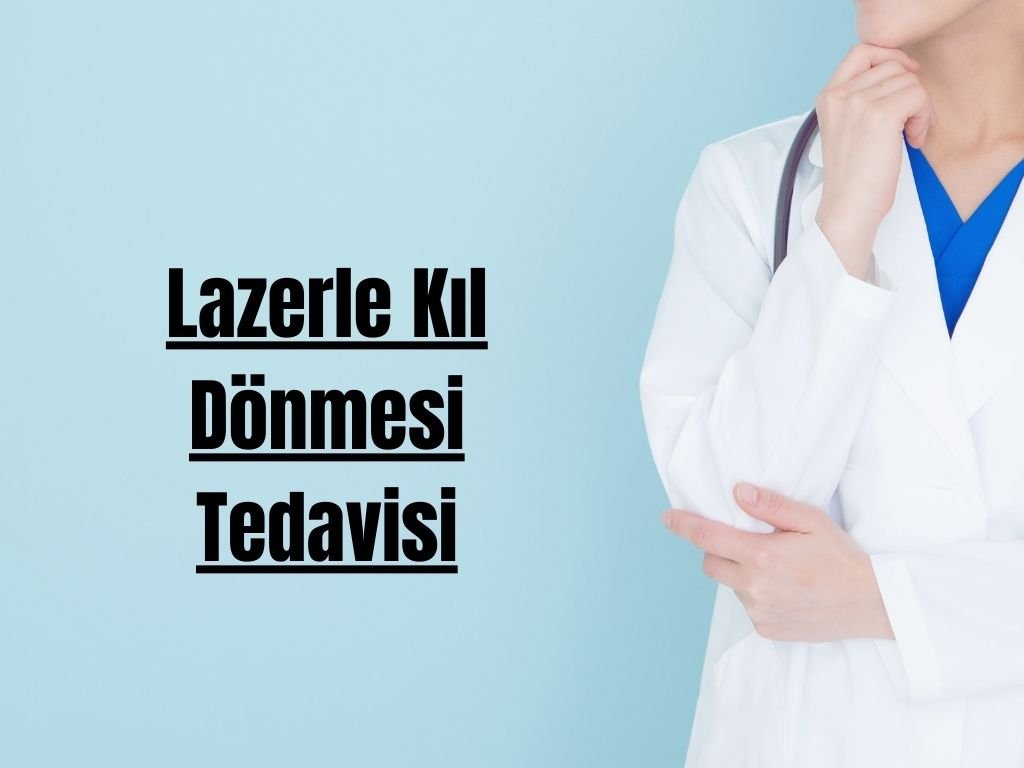Warts are small bumps that can form on the skin and mucous membranes, usually benign and contagious. Medically, they are also known as verrucas. Although mostly harmless, they are a health issue that needs treatment due to cosmetic concerns and their contagious nature. This article covers the causes, types, treatment methods, and prevention of warts in detail.
What Are Warts?
Warts are skin lesions caused by the human papillomavirus (HPV). The virus enters the body through small cuts on the skin or mucosal surfaces, leading to infection. Warts can vary in size from a few millimeters to several centimeters.
Main Types of Warts:
- Common Warts (Verruca vulgaris): The most frequently seen type, usually found on the hands and fingers.
- Flat Warts (Verruca plana): Small, flat, and smooth surfaced warts, commonly seen on the face, neck, and hands.
- Plantar Warts (Verruca plantaris): Develop on the soles of the feet and grow inward due to pressure.
- Filiform Warts: Thin and elongated, often appearing on the face and neck.
- Genital Warts (Condyloma): A special type of wart occurring in the genital and anal areas.
Why Do Warts Appear?
The main cause of warts is the HPV virus. However, not everyone exposed to the virus develops warts, highlighting the importance of the immune system.
Factors contributing to wart formation:
| Risk Factor | Explanation |
|---|---|
| Weak immune system | Reduced body resistance to the virus |
| Small cuts and injuries on skin | Entry points for the virus |
| Direct contact | Transmission from infected people or objects |
| Shared spaces | Pools, gyms, and communal showers increase risk |
| Sweating and moisture | Weakens skin’s defense barrier |
How Do Warts Heal?
There are many treatment options depending on the wart’s type, location, and size.
1. Medical Treatments
- Topical Solutions: Solutions containing salicylic acid applied directly to the wart, helping it fall off over time.
- Immunotherapies: Medications that support the immune system.
- Retinoid Creams: Often preferred for flat warts.
2. Physical Treatment Methods
- Cryotherapy (Freezing): Destroying the wart tissue by freezing it with liquid nitrogen.
- Electrocauterization: Burning the wart using electric current.
- Laser Therapy: Used especially for resistant and widespread warts.
- Surgical Excision: Preferred for large and treatment-resistant warts.
3. Preventive Measures
- Avoid sharing towels, shoes, and personal items.
- Use slippers in public pools and showers.
- Protect cuts and wounds on the skin.
- Strengthen the immune system.
What Are Genital Warts?
Genital warts are a special type caused by HPV types 6 and 11, transmitted sexually. They appear in the genital, anal, and groin areas and can affect both men and women.
How Are Genital Warts Treated?
Treatment must be carefully planned under doctor supervision and may include:
- Cryotherapy (freezing)
- Laser treatments
- Surgical removal
- Immunomodulatory creams (e.g., imiquimod)
- Antiviral therapy
Genital warts can recur despite treatment. HPV vaccination significantly reduces their occurrence.
Wart Treatment Success
Treatment success varies depending on the method used, the patient’s immune system, and wart type. Early diagnosis and treatment reduce wart spread and complications.
| Treatment Method | Advantages | Disadvantages |
|---|---|---|
| Cryotherapy | Effective and fast | May cause pain and scabbing |
| Laser Therapy | Successful on resistant warts | Can be expensive |
| Topical Treatments | Can be applied at home | May take a long time |
| Surgery | Removed in a single session | Risk of scarring |
Can Warts Be Treated at Home?
Some small, superficial warts can be treated with home solutions and bandages, but:
- Incorrect treatment may cause skin irritation.
- Genital warts should never be treated at home.
- Medical supervision is always recommended.
- It is safest to consult a doctor, especially for facial, genital, or resistant warts.
Are Warts Contagious?
Yes, warts are contagious. HPV can spread through direct skin contact with an infected person or via shared items. Transmission risk increases with:
- Nail biting, open wounds, or scratches on the skin
- Sharing towels, slippers, or shoes
- Walking barefoot in public showers and pools
- Sexual contact (especially for genital warts)
Individuals with weak immune systems are at higher risk of transmission and spread.
Complications of Warts
While most warts are benign, complications can include:
- Spread: Untreated warts can spread to other body parts.
- Secondary Infection: Irritated or picked warts may become infected with bacteria.
- Cosmetic Concerns: Warts on the face and hands may cause aesthetic discomfort.
- Sexual Life Issues: Genital warts increase transmission risk between partners and can cause psychological distress.
- Cancer Risk: Some high-risk HPV types (especially 16 and 18) can cause cervical, anal, and head-neck cancers. However, this risk is very low for non-genital warts.
Protection with HPV Vaccine
The HPV vaccine is an important preventive measure against warts and some HPV-related cancers.
| Vaccine Name | HPV Types Covered | Recommended Age |
|---|---|---|
| Gardasil 9 | HPV 6, 11, 16, 18 + 5 other high-risk types | 9-26 years (recommended early) |
The vaccine greatly reduces the risk of genital warts and cervical cancer but does not treat existing warts.
Diagnostic Methods for Warts
Warts are usually diagnosed by physical examination, but additional tests may be needed, especially for genital or suspicious lesions:
- Dermatoscopy
- Biopsy
- HPV DNA testing (for suspected genital warts)
These tests are important for distinguishing lesions with cancer risk.
Important Considerations in Wart Treatment
- Early treatment reduces the risk of spreading.
- Home treatments should not be used without doctor advice.
- Maintain a strong immune system and healthy lifestyle.
- Pay attention to sexual health precautions to prevent partner transmission.
Frequently Asked Questions
Where do warts appear on the body?
Warts can appear on many areas including hands, feet, face, neck, genital, and anal regions.
What happens if warts are left untreated?
Some warts may resolve on their own, but most grow, spread, and remain contagious. Large and resistant warts require more complex treatment.
Which is more effective: cream or freezing for wart treatment?
It depends on the case. Creams may be effective for small and new warts, while cryotherapy or laser is preferred for large or resistant warts.
Can genital warts be completely cured?
Lesions can be removed with treatment, but since HPV can persist in the body, recurrence is possible.
Which doctor should I see for warts?
For skin warts, dermatologists; for genital warts, dermatologists and gynecologists are appropriate.
All content on this site is for informational purposes only and is based on scientific sources valid at the time of preparation. For any health-related symptoms, diagnosis, or treatment needs, please consult your physician or an authorized healthcare facility directly.




